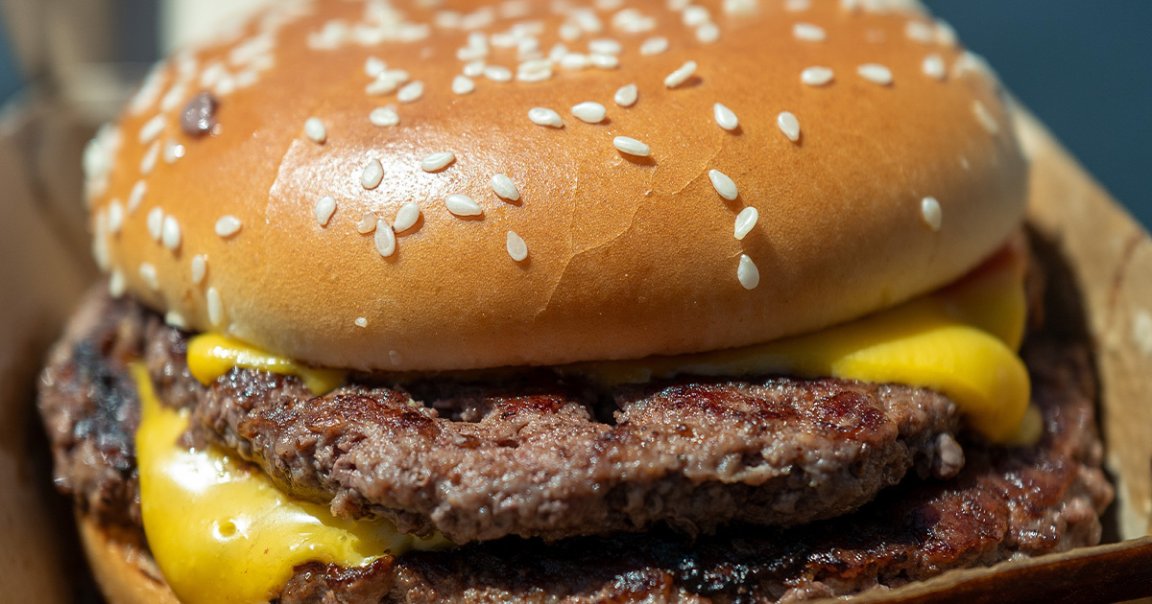
An outbreak of deadly E. coli linked to McDonald’s Quarter Pounders has led to at least one death and ten hospitalizations, the US Centers for Disease Control and Prevention said Tuesday, with dozens more thought to be sick.
While the health agency has released a food safety alert and opened an investigation, no mandatory recall has been issued. So far, the CDC reports that 49 cases have been documented across 10 states, with most originating in Colorado and Nebraska.
All of the sick patients interviewed by the CDC said they’d eaten McDonald’s, and most specifically mentioned Quarter Pounder hamburgers.
It hasn’t been determined which contaminated food items are responsible for the E. coli outbreak, but investigators are focusing on two of the Quarter Pounder’s specific ingredients: quarter-pound beef patties — which aren’t used on the chain’s other burgers — and slivered onions, which are primarily used on Quarter Pounders.
McDonald’s said it will temporarily pull Quarter Pounders from its menu in some of the affected states, and will also stop using quarter pound beef patties and fresh slivered onions. The fast food chain, however, insists that it’s still safe to eat there.
“We are very confident that you can go to McDonald’s and enjoy our classics. I want to say to our consumers that you can confidently go to McDonald’s today,” McDonald’s USA President Joe Erlinger said Wednesday on NBC’s “Today” show, as quoted by CNN.
McDonald’s said in a statement that the slivered onions, which it believes to be the actual culprit, are sourced by a single supplier that serves three distribution centers. If true, that would indicate a more limited supply chain issue, rather than necessarily implicating McDonald’s food safety practices at large. This could also explain how the E. coli spread so easily, since the slivered onions aren’t cooked.
“Heat destroys things like bacteria and viruses but in certain cases, especially when you’re producing massive amounts of food — and you have products that are not going to undergo heat, for example, vegetables — that leads to an opportunity for contamination,” Darien Sutton, a medical correspondent for ABC News, told the TV network.
E. coli is a group of bacteria that is mostly harmless, forming an essential part of a healthy intestinal tract. But specific strains can cause severe illness. The strain identified in the outbreak, E. coli O157:H7, is known to produce Shiga toxin, causing symptoms like diarrhea, stomach cramps, and vomiting.
These symptoms usually take three to four days to start after ingesting the bacteria, and most people recover within a week without treatment. Serious complications do occur, however, and one older person in Colorado has died from the outbreak. A child has also been hospitalized.
For now, the outbreak has only been documented in midwestern and western states, but it could be more widespread because many people recover from E. coli without medical care and go unreported, the CDC said.
More on food: America’s Food System Is Officially So Disgusting That Frozen Waffles Are Infected With Listeria